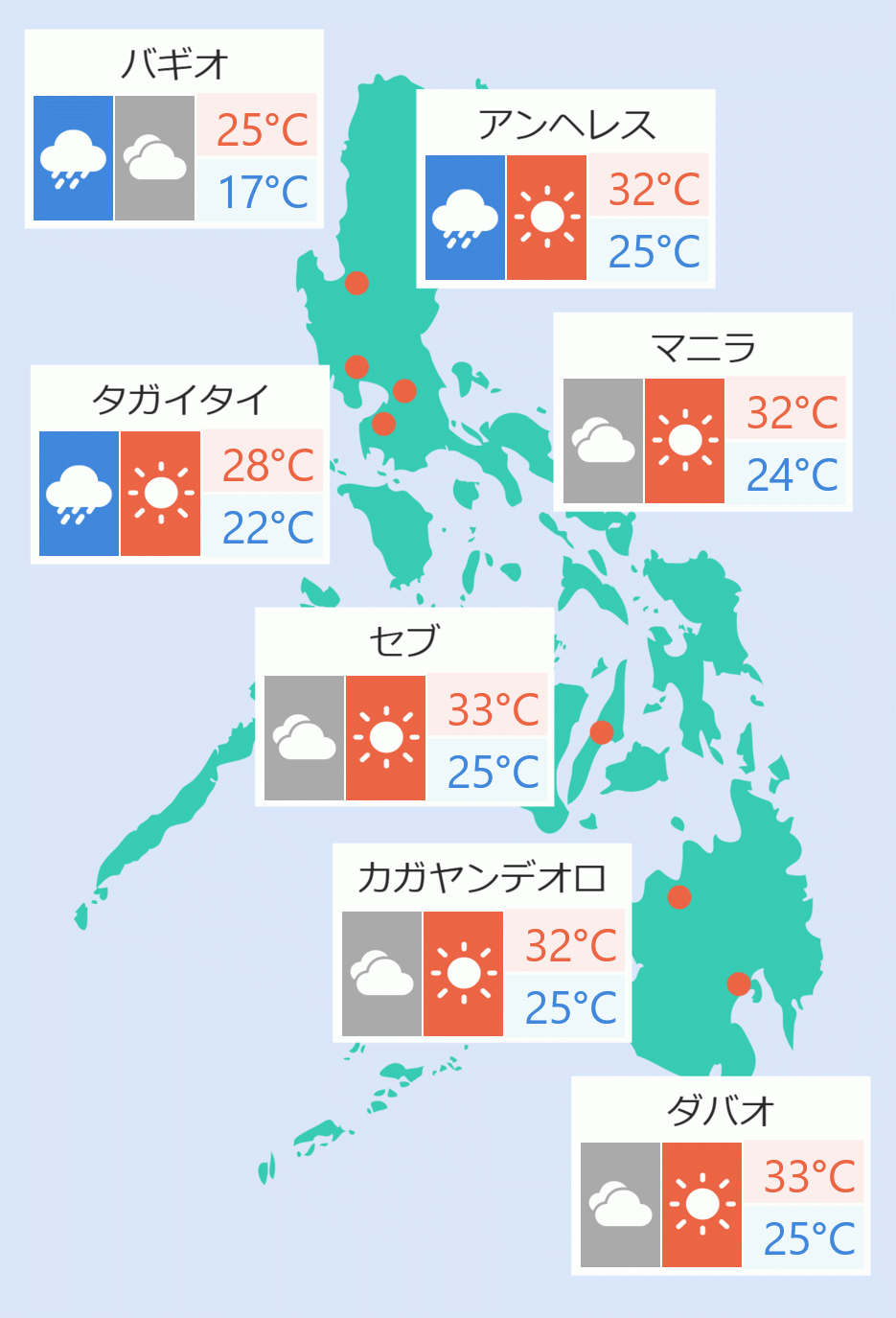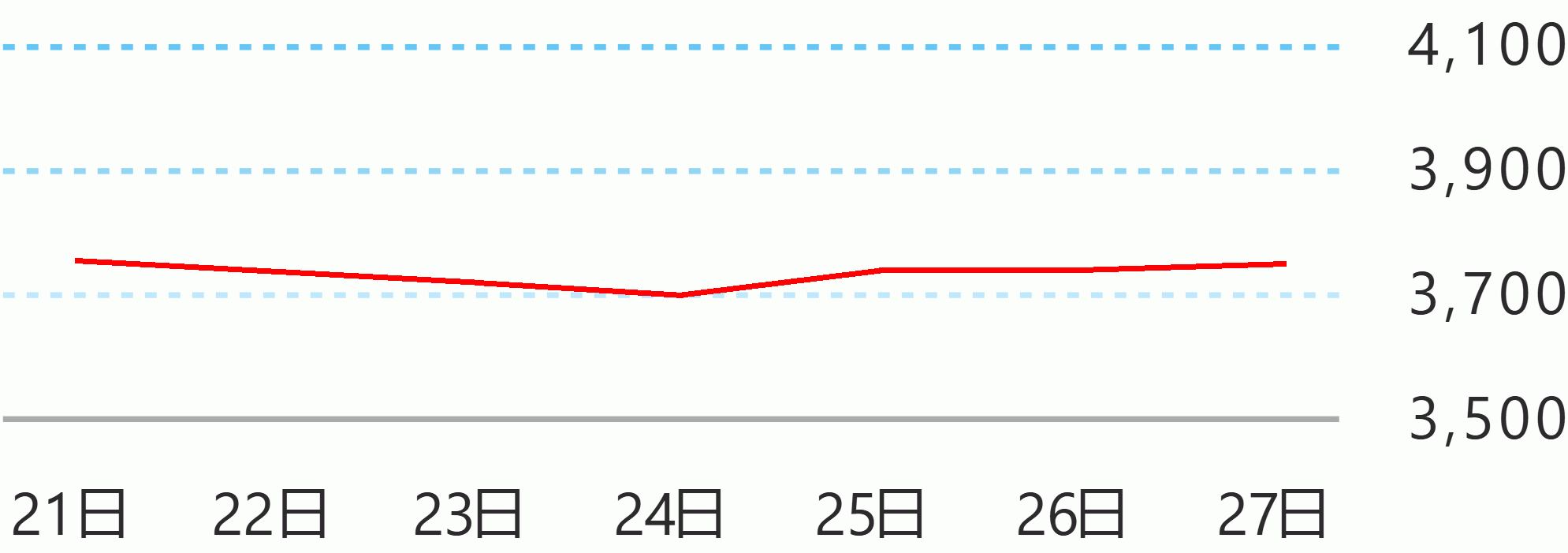The Department of Environment and Natural Resources (DENR) has applauded the initiative of the local government unit (LGU) of Malay in Aklan province to ban single-use plastics in Boracay and the rest of the municipality.
Municipal Ordinance No. 386, Series of 2018, prohibits the use of single-use or disposable plastic items by hotels, resorts, restaurants and establishments in the accommodation business.
DENR Undersecretary for Solid Waste Management and LGU Concerns Benny Antiporda said that the ordinance was a welcome move on the part of Malay LGU to augment government rehabilitation efforts in the pollution-challenged Boracay, which has been closed to tourists for six months until October 26.
To recall, DENR Secretary Roy A. Cimatu said in June that a ban on single-use plastics would help ease the garbage problem on the world-famous island and prevent further degradation of its environment.
“We commend the LGU of Malay for heeding the Secretary’s call by coming up with such ordinance,” Antiporda said. “Single-use plastics, particularly those used in packaging, have been identified as a contributing factor to Boracay’s mounting waste problem, not only on land but in surrounding waters.”
At the same time, Antiporda said the single-use plastic ban is a major boost to government efforts to fight plastic pollution and its toxic impacts on humans, wildlife, waterways and oceans, and the environment.
“The DENR is willing to provide Malay with any assistance in the implementation of this ban and all its other programs to manage solid waste,” Antiporda said.
“Malay can become a model not only for Aklan or the entire Panay Island, but also to other LGUs with ecotourism sites,” he added.
The ban covers disposable plastic products like toothbrushes, toothpaste tubes, shaving razors, shower caps, sachets of shampoo or conditioner, liquid body soaps, combs, bottled water, straws, spoons, forks, knives, and sachets of coffee, sugar and creamer.
As eco-friendly alternatives, establishments are encouraged to use items such as reusable or refillable dispensers and metal utensils.
The penalties for violators are as follows: stern warning and a fine of P2,000 for first offense; confiscation of single-use plastics and a fine of P2,500 for second offense; and cancellation of business permit to operate for third offense.
The latest ordinance complements Municipal Ordinance No. 320, Series of 2012, which prohibits the use of plastic bags for dry goods, regulates its utilization on wet goods, and bans the use of styrofoam/styropor.
Last year, the environmental group Greenpeace ranked the Philippines as the “third-worst polluter into the world’s oceans” after China and Indonesia.
The Philippines got a similar ranking in terms of plastic trash in the 2015 report on plastic pollution released by Ocean Conservancy and McKinsey Center for Business Environment.
According to the report, the country has become the world’s third largest source of plastic leaking into the ocean and has among the highest trash collection rates in Southeast Asia. DMS





 English
English









